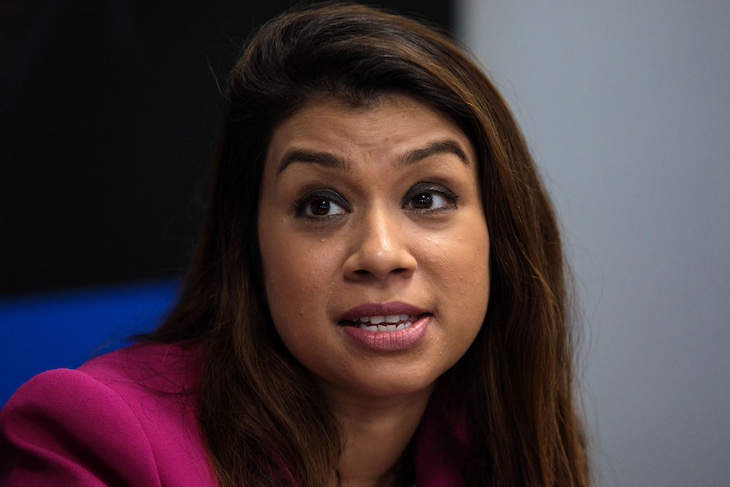In 1996, I flew to Dhaka to meet Sheikh Hasina, the newly elected prime minister of Bangladesh, to discuss her economic strategy. It was not a pleasant experience. Hasina was humourless, arrogant and bitter – by a long stretch, the most unlikeable politician I’ve met in the sub-continent. By contrast her diminutive niece, Tulip Siddiq, Labour’s anti-corruption minister who has just resigned over her ties to her aunt, is a charmer.
It just stretches credulity that Siddiq and the Labour party did not know that aunty Hasina was a rotten apple
To be fair to Hasina, she had excuses for her unattractive demeanour. There was a singular focus on her political raison d’etre – to avenge the brutal assassination of her father, Sheikh Mujibur Rahman, the leader of Bangladesh’s independence movement and its first president. Pakistan’s attempt to crush Mujibur’s revolt was arguably the most egregious genocide of the second half of the 20th century. In the early hours of 25 March 1971, the army swept through Dhaka, slaughtering the leaders of Mujibur’s Awami League party and the pro-independence ‘intelligentsia’ in their homes.







Comments
Join the debate for just $5 for 3 months
Be part of the conversation with other Spectator readers by getting your first three months for $5.
UNLOCK ACCESS Just $5 for 3 monthsAlready a subscriber? Log in